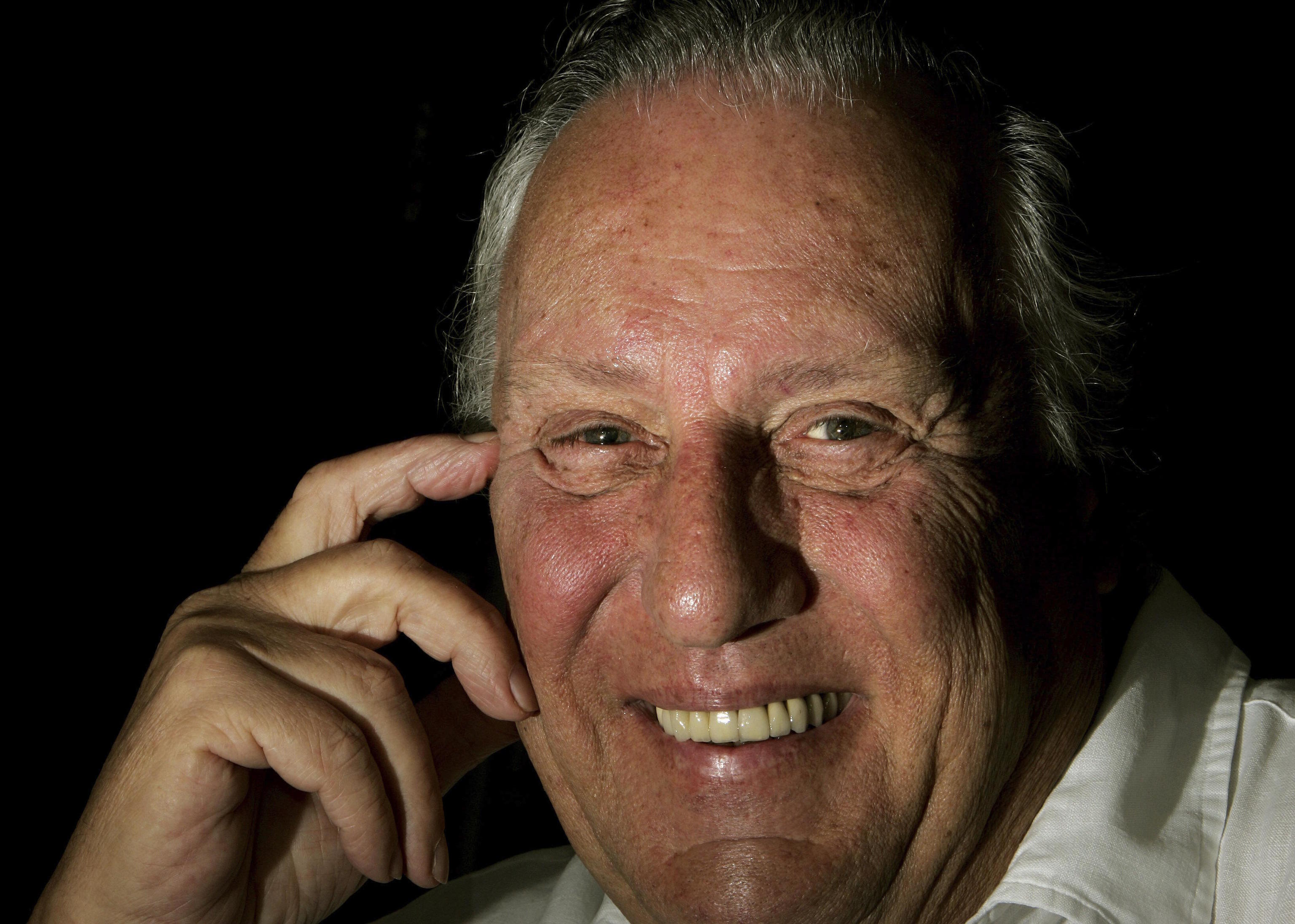True, half-true, or fiction? In 1971, when former BBC correspondent in France and during the Biafra genocide in Nigeria, Frederick Forsyth, published his novel 'The Day of the Jackal,' there was a debate about whether the author had simply unleashed his creativity or if, on the contrary, he had twistedly revealed an assassination attempt on former French President Charles De Gaulle.
Forsyth's descriptions were too precise. His knowledge of the 'dirty war' between the Secret Armed Organization (OAS, the far-right group that never forgave De Gaulle for Algeria's independence) was excessively detailed. Everyone knew that, as Forsyth wrote in the book, "under the facade of one of the most civilized societies in the world," the French state had unleashed a ruthless extermination war against the terrorists.
Furthermore, Forsyth was a respected journalist. Two years earlier, he had published his first book, 'The Biafra Story,' about the war in that region of Nigeria, which today we would not hesitate to call a genocide. He was so committed to the cause of journalism that when the BBC told him to leave Nigeria because the war that truly interested was in Vietnam, he left the British public company and stayed to cover the conflict as a 'freelancer.' Unblemished ethics.
Almost five and a half decades later, no one doubts that 'The Day of the Jackal' is pure fiction from the first page to the last, although it incorporates real events to reinforce the narrative, such as the OAS's assassination attempt on De Gaulle in 1972. Of course, today we also know that Forsyth's knowledge of the state's underworld, the misery of terrorism, and the horror of hired killers did not only come from his public professional activity. As he himself recounted in August 2015, four years before the novel's publication, when he was a war correspondent in Biafra, he had started working as an informant for MI6, the British intelligence service.
So, the 'unblemished ethics' mentioned two paragraphs above was just a way to mislead the reader, a technique that Forsyth mastered perfectly in his novels. The writer, who passed away on Monday at the age of 86, leaves behind 18 titles, mostly espionage and intrigue novels, 75 million books sold, and several adaptations of his novels to the big screen. But, as his agent, Jonathan Lloyd, stated, what Forsyth truly leaves behind is "a life well lived."
He was a fighter pilot - one of the youngest in RAF history, the British Royal Air Force - a spy (according to him, unpaid, only out of dedication to the cause), a correspondent, columnist, political commentator, and above all, a bon vivant. He always said he started writing books out of economic necessity. But the truth is he never lived in want. He attended a private boarding school, a sign of economic distinction in the UK. He spent most of his life alternating between different mansions, always with more than twenty rooms, in different rural areas of his country. He was married twice, dated Hollywood star Faye Dunaway in the seventies, and enjoyed living as a 'dandy.' Not surprisingly, he had worked for MI6, just like James Bond. Throughout his life, he shifted towards increasingly conservative positions. He supported Brexit and defended the invasion of Iraq, whether out of conviction or due to the ambiguous closeness that a part of the British establishment feels towards the US. In his 1989 book 'The Fourth Protocol,' he expressed his fear that the Soviet Union would infiltrate the British government through a Labour government.
But above all, he was a force of nature. Although he gained his greatest fame for his thrillers, his work includes adventure, introspective, and even love stories. He won the Edgar Allan Poe Award twice, given by the Mystery Writers of America. The first time was for 'The Day of the Jackal.' The second time, in 1981, for the story 'There Are No Snakes in Ireland,' included in his book 'No Comebacks.'
His career had some bizarre twists, like when in 1999 he wrote 'The Phantom of Manhattan,' a sequel to 'The Phantom of the Opera.' Forsyth justified his departure from his usual genres by saying, "I've written about mercenaries, assassins, Nazis, killers, terrorists, Special Forces, fighter pilots, whatever you want, so I thought: could I write something about people's hearts?" The reality was more prosaic. Forsyth wrote the book commissioned by composer Andrew Lloyd Webber, who planned to use it as the basis for a sequel to his musical 'The Phantom of the Opera.' Ultimately, Forsyth's novel was only partially used by Webber for his production 'Love Never Dies.'
